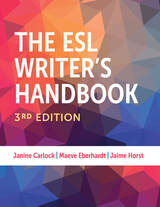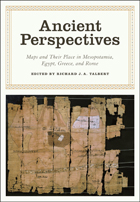
Ancient Perspectives encompasses a vast arc of space and time—Western Asia to North Africa and Europe from the third millennium BCE to the fifth century CE—to explore mapmaking and worldviews in the ancient civilizations of Mesopotamia, Egypt, Greece, and Rome. In each society, maps served as critical economic, political, and personal tools, but there was little consistency in how and why they were made. Much like today, maps in antiquity meant very different things to different people.
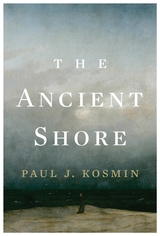
An esteemed historian explores the natural and social dynamics of the ancient coastline, demonstrating for the first time its integral place in the world of Mediterranean antiquity.
As we learn from The Odyssey and the Argonauts, Greek dramas frequently played out on a watery stage. In particular, antiquity’s key events and exchanges often occurred on coastlines. Yet the shore was not just a site of conquest and trade, ire and yearning. The seacoast was a singular kind of space and was integral to the cosmology of the Greeks and their neighbors. In The Ancient Shore, award-winning historian Paul Kosmin reveals the influence of the coast on the inner lives of the ancients: their political thought, scientific notions, artistic endeavors, and myths; their sense of wonder and of self.
The Ancient Shore transports readers to a time when the coast was an unpredictable, formidable site of infinite and humbling possibility. Shorelines served as points of connection and competition that fostered distinctive political identities. It was at the coast—ever violent, ever permeable to predation—that state power ended, and so the coast was fundamental to theories of sovereignty. Then too, the boundary of land and sea symbolized human limitation, making it the subject of elaborate and continuous philosophical, scientific, and religious attention.
Kosmin’s ancient world is expansive, connecting the Atlantic to the Straits of Malacca, the Black Sea to the Indian Ocean. And his methods are similarly far-ranging, integrating accounts of statecraft and commerce with intellectual, literary, religious, and environmental history. The Ancient Shore is a radically new encounter with people, places, objects, and ideas we thought we knew.
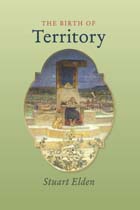
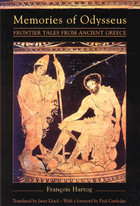
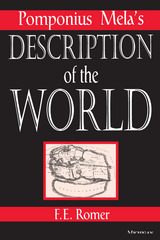
F.E. Romer is Professor and Chair of the Department of Foreign Languages and Literatures, East Carolina University. He is the author of numerous articles and has received awards for both his writing and teaching.
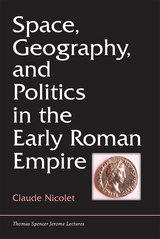
READERS
Browse our collection.
PUBLISHERS
See BiblioVault's publisher services.
STUDENT SERVICES
Files for college accessibility offices.
UChicago Accessibility Resources
home | accessibility | search | about | contact us
BiblioVault ® 2001 - 2025
The University of Chicago Press





